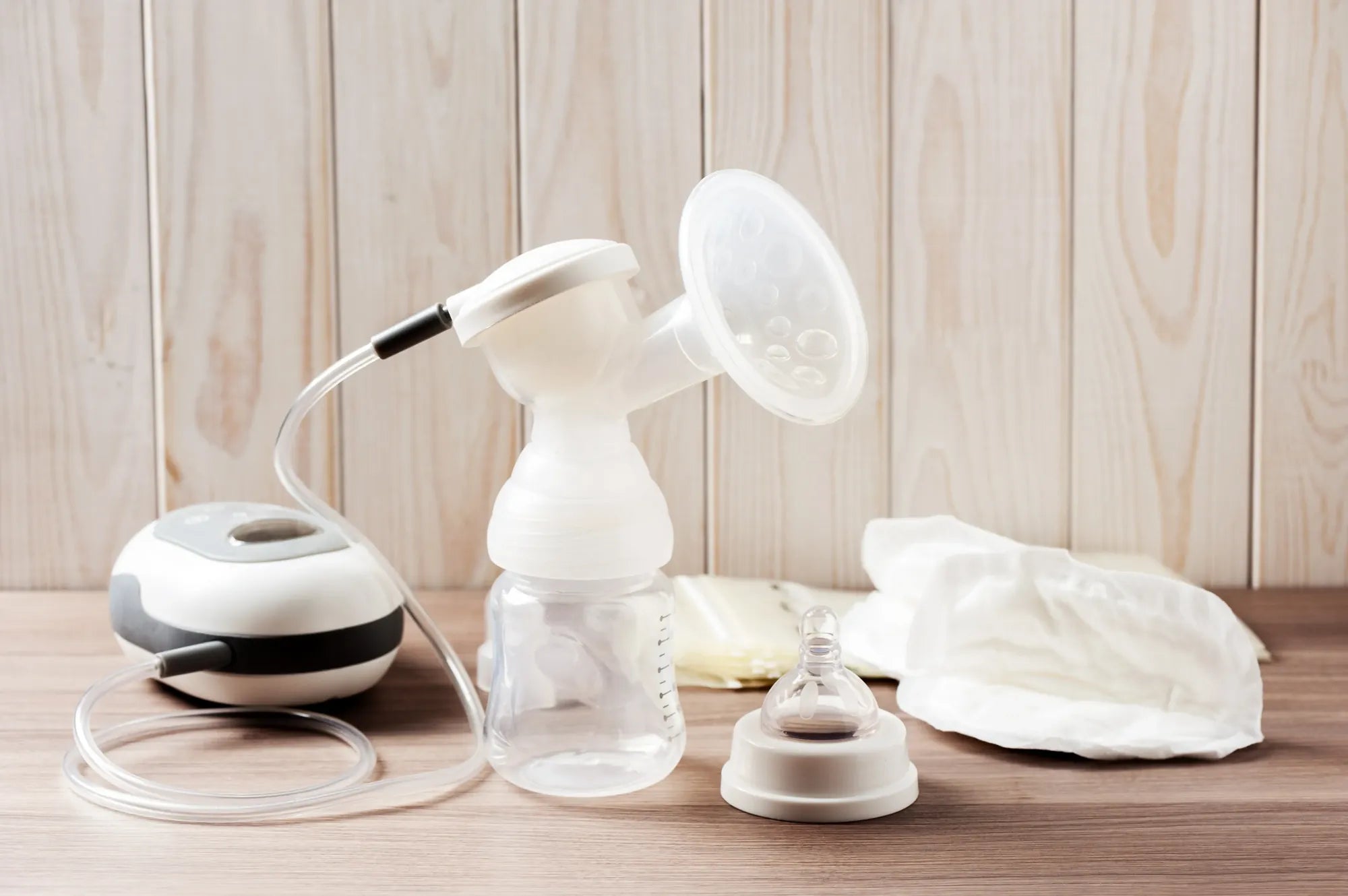Home
Pregnancy, Breastfeeding, and Pumping: The Ultimate Guide for Moms
When Can You Start Breast Pumping: A Comprehensive Guide

When Can You Start Breast Pumping: A Comprehensive Guide
Breast pumping is a valuable tool for many mothers, offering flexibility and convenience while ensuring their baby receives the best nutrition. But when is the right time to start? Understanding the ideal timing and techniques can make all the difference in your breastfeeding journey. Let’s dive into the details to help you make an informed decision.
Understanding the Basics of Breast Pumping
Breast pumping involves using a device to extract milk from the breasts, which can then be stored and fed to the baby later. This practice is particularly useful for mothers who need to return to work, have difficulty with direct breastfeeding, or want to build a milk supply. However, starting too early or too late can impact milk production and the overall breastfeeding experience.
When Can You Start Breast Pumping?
The timing of when to start breast pumping depends on several factors, including your baby’s needs, your health, and your personal circumstances. Here are some key considerations:
1. Immediately After Birth
In some cases, mothers may need to start pumping right after delivery. This is often recommended if the baby is unable to latch due to prematurity, medical conditions, or other challenges. Pumping early can help stimulate milk production and ensure the baby receives colostrum, the nutrient-rich first milk.
2. During the First Few Weeks
For most mothers, it’s advisable to wait until breastfeeding is well-established before introducing a pump. This typically takes about 2-4 weeks. During this time, your body learns to regulate milk supply based on your baby’s demands. Introducing a pump too soon can lead to oversupply or engorgement.
3. When Returning to Work
If you plan to return to work, it’s a good idea to start pumping a few weeks beforehand. This allows you to build a freezer stash and get your baby accustomed to bottle feeding. It also gives you time to practice using the pump and establish a routine.
Benefits of Breast Pumping
Breast pumping offers numerous advantages for both mother and baby. Here are some of the key benefits:
1. Flexibility
Pumping allows you to store milk for times when you’re away from your baby, such as during work or travel. This ensures your baby continues to receive breast milk even when you’re not physically present.
2. Shared Feeding Responsibilities
With pumped milk, partners or caregivers can participate in feeding, giving you a break and fostering bonding between the baby and others.
3. Maintaining Milk Supply
Regular pumping helps maintain or increase milk supply, especially if your baby isn’t breastfeeding frequently enough.
Tips for Successful Breast Pumping
To make the most of your breast pumping experience, follow these practical tips:
1. Choose the Right Pump
Select a pump that suits your needs and lifestyle. Consider factors like portability, ease of use, and comfort.
2. Create a Relaxing Environment
Stress can hinder milk flow, so find a quiet, comfortable space to pump. Listening to calming music or looking at photos of your baby can also help.
3. Pump Regularly
Consistency is key. Pump at the same times each day to signal your body to produce milk. If you’re away from your baby, aim to pump as often as they would feed.
4. Stay Hydrated and Nourished
Drink plenty of water and eat a balanced diet to support milk production. Avoid excessive caffeine and alcohol, as they can affect milk supply.
Common Challenges and Solutions
Breast pumping can come with its own set of challenges. Here’s how to address some common issues:
1. Low Milk Supply
If you’re struggling with low milk supply, try pumping more frequently, ensuring proper latch and positioning, and consulting a lactation consultant for guidance.
2. Pain or Discomfort
Pain during pumping may indicate an incorrect flange size or improper technique. Adjust the settings or seek professional advice to resolve the issue.
3. Time Management
Pumping can be time-consuming. Plan your sessions in advance and incorporate them into your daily routine to make the process more manageable.
When to Seek Professional Help
If you encounter persistent difficulties with breast pumping, don’t hesitate to seek help. Lactation consultants, healthcare providers, and support groups can offer valuable advice and encouragement.
Breast pumping is a powerful tool that can enhance your breastfeeding journey. By understanding when to start and how to do it effectively, you can ensure your baby receives the nourishment they need while maintaining your own well-being. Whether you’re preparing to return to work or simply want more flexibility, breast pumping can be a game-changer for you and your little one.
Share


